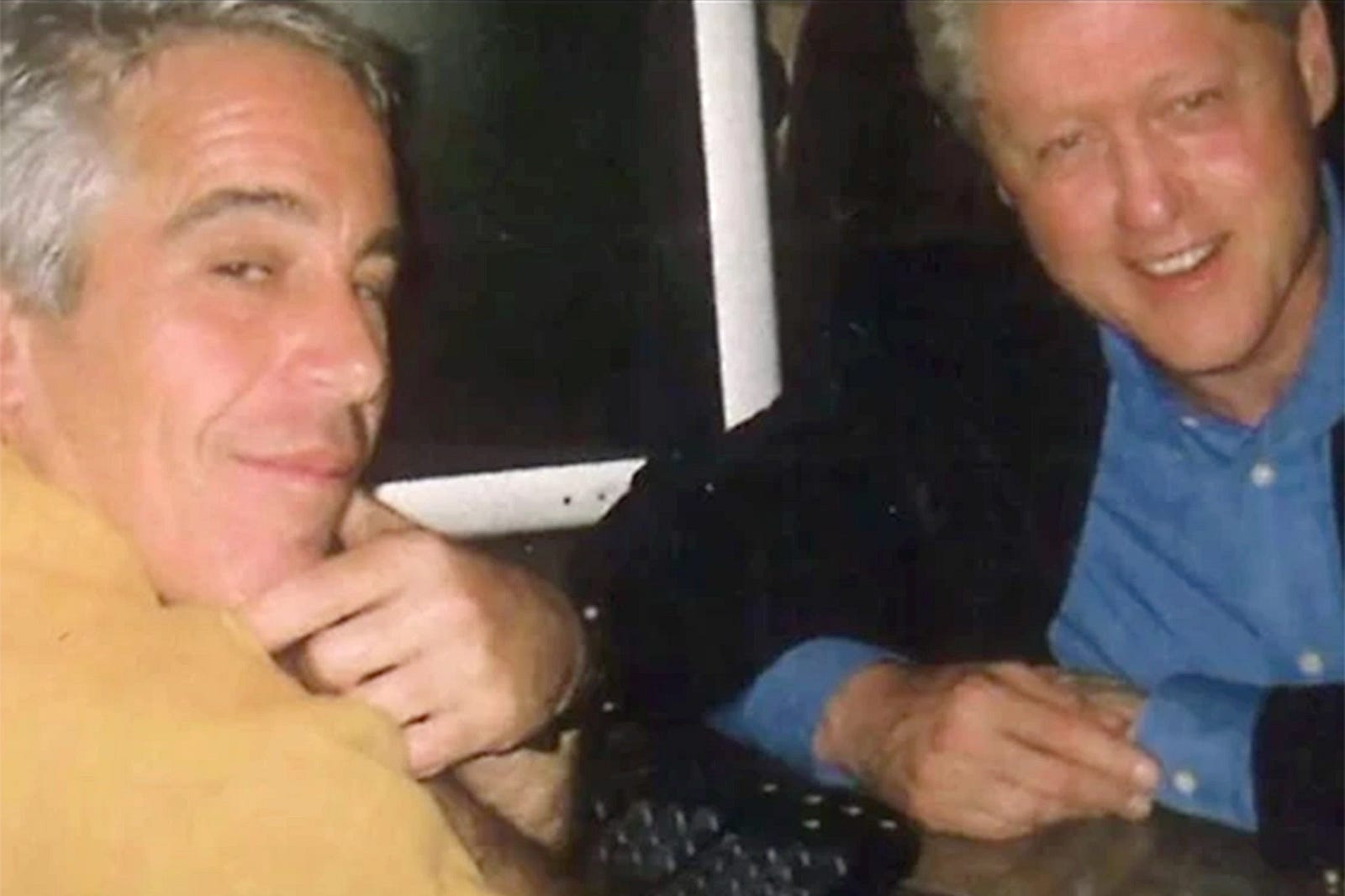Through a Stoic Lens: Reflections on the Epstein Scandal and the Pursuit of Virtue in Modern Society

In a world much akin to ours, yet with the wisdom of ages past, the recent release of court documents pertaining to Jeffrey Epstein’s case stands as a testament to the enduring complexities of human vice and virtue. As Marcus Aurelius, I perceive this unfolding drama not merely as a contemporary scandal but as a mirror reflecting timeless human struggles — struggles against desire, power, and the shadows they cast upon the soul.
“Very little is needed to make a happy life; it is all within yourself, in your way of thinking.” This Stoic principle, one of my own, serves as a poignant reminder amidst the labyrinthine saga of Epstein and his associates. The documents, spanning over 250 pages, unravel a tale not just of individual transgressions but of systemic failure — a failure to adhere to the virtues of temperance, justice, and wisdom.
“Very little is needed to make a happy life; it is all within yourself, in your way of thinking.”
The central figures, Jeffrey Epstein and Ghislaine Maxwell, ensnared in a web of allegations ranging from sexual abuse to trafficking, represent more than just individuals; they epitomize the pitfalls of unchecked desire and power. Maxwell, serving a 20-year sentence, and Epstein, whose life met a (not so) tragic end in custody, serve as stark reminders of the Stoic belief that external wealth and power are fleeting and often corrupting. It is the internal virtues that truly define a person’s character and fate.

Sarah Ransome’s allegations, though later retracted under duress, and the involvement of prominent figures like Bill Clinton and Prince Andrew, though they have denied wrongdoing, paint a disturbing picture of a society entangled in vice and deception. These episodes are reflective of a deeper malaise — a society drifting away from the Stoic ideals of personal virtue and societal responsibility.
However, in these trying revelations, there lies a Stoic lesson: “You have power over your mind — not outside events. Realize this, and you will find strength.” The courage of the victims, their relentless pursuit of justice despite the towering influence of their abusers, is a testament to the power of the human spirit — a spirit that can overcome the greatest of external adversities.
This narrative is not just about the fall of the high and mighty. It’s a mosaic of individual stories — of victims and survivors, of the accused and the acquitted. Each thread in this tapestry, from the allegations against influential figures to the court battles and settlements, is a reminder of the Stoic belief in the interconnectedness of human lives and the importance of empathy and justice in our shared existence.
“The best revenge is to be unlike him who performed the injustice.”
In the midst of these revelations, it is imperative to remember another Stoic principle: “The best revenge is to be unlike him who performed the injustice.” The path forward is not one of vengeance but of learning, healing, and preventing future transgressions. It is about building a society grounded in Stoic virtues, where power is checked by wisdom, desire by temperance, and actions by justice.

As we delve into these documents and the stories they unravel, let us not lose sight of the fundamental Stoic teachings: the pursuit of virtue, the cultivation of wisdom, and the realization that our true power lies not in domination or acquiescence to base desires, but in the strength of our character and the resilience of our spirit. In understanding these events through a Stoic lens, we find not just scandal and intrigue, but lessons in humanity — lessons that are as relevant today as they were in ancient times.
“The soul becomes dyed with the color of its thoughts.”
The Stoics, like myself, often reflected on the nature of human behavior and the societal structures that shape it. The case of Epstein and Maxwell serves as a profound example of how far individuals can stray from the path of virtue when led by unchecked desires and unrestrained power. It is a harsh reminder of my own belief: “The soul becomes dyed with the color of its thoughts.” In this context, the souls involved in this scandal have been dyed with the dark hues of greed, lust, and manipulation.

Yet, this narrative is not solely about the perpetrators; it is equally about the victims and the societal response. The allegations brought forward, the retraction under pressure, and the subsequent bravery in reaffirming these claims speak volumes about the struggle for justice in the face of immense power and intimidation. This echoes another of my reflections: “The object of life is not to be on the side of the majority, but to escape finding oneself in the ranks of the insane.” The victims, in their pursuit of justice, stand as beacons of rationality and resilience, refusing to align with a society that often turns a blind eye to such transgressions.
Moreover, the involvement of high-profile individuals in this case raises important questions about the nature of power and responsibility. As a Stoic, I believe that with great power comes the duty to exercise it with wisdom and justice. The allegations, though unproven against some of the named individuals, highlight the potential for power to be abused, leading to the harm of the most vulnerable in society. This is a deviation from the Stoic ideal of using one’s position and influence for the betterment of society.

In this complex web of relationships and events, there is an underlying theme of manipulation and exploitation — a stark contrast to the Stoic values of honesty, integrity, and respect for the dignity of all individuals. The alleged actions, if true, represent a profound disregard for these values, revealing a moral bankruptcy that extends beyond the individuals to the societal structures that enable such behavior.
“Waste no more time arguing about what a good man should be. Be one.”
The Stoic response to such a situation is not one of passive acceptance but of active engagement in the pursuit of truth and justice. It is about challenging the status quo, questioning the structures that allow such abuses of power, and advocating for a society where virtue is valued over vice. As I have said, “Waste no more time arguing about what a good man should be. Be one.” In this context, it means being a part of the solution — seeking justice, supporting the victims, and working towards a society where such transgressions are less likely to occur.
Furthermore, the Stoic philosophy emphasizes the importance of self-reflection and personal growth. This case serves as a reminder for individuals and society to reflect on their values and actions. It is an opportunity to examine how societal attitudes and behaviors might contribute to such scenarios and what changes are necessary to prevent them. This aligns with my belief: “Look within. Within is the fountain of good, and it will ever bubble up if thou wilt ever dig.”
“Look within. Within is the fountain of good, and it will ever bubble up if thou wilt ever dig.”
In conclusion, the Epstein and Maxwell case, with its complexities and nuances, is a stark reminder of the enduring relevance of Stoic philosophy. It calls for a return to virtue, a reevaluation of societal values, and a commitment to justice and integrity. It urges us to look within and around, to understand the implications of our actions, and to strive for a society that upholds the dignity and worth of every individual. Let this case not just be a scandal that fades with time, but a catalyst for profound societal reflection and reform.


